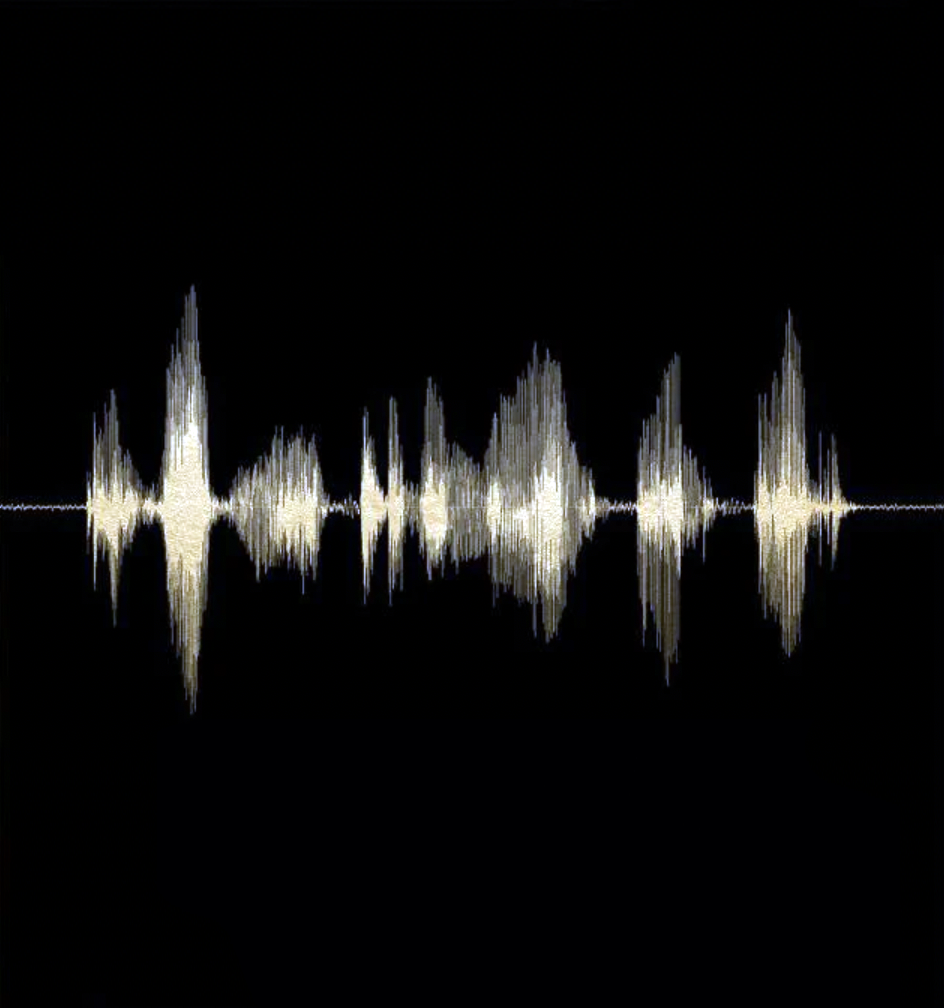Capstone Art Therapy & Counseling



This is a creative personal inquiry based on internship in my masters program. A short film created around voice recordings of in-the-moment reactions at the end of a therapy day or after an intense or particularly reactive session. I am documenting my personal feelings about being a therapist at least once per day by way of voice memos. I ended up with around 50 reflections, many of which are very raw and emotional.
My intent was to push my edges around self-reflection. For me, art making is very natural, even deep reaching art therapy. My voice, on the other hand, is a very vulnerable subject for me. I had traumatic experience long ago that affected my speech greatly, even after voice lessons and therapy, the feelings still linger. I have to do vocal warm ups every day and remember to enunciate and project. Plus, I do not have a running inner monologue(common for ADD), so my words are almost always on the fly, not knowing where a sentence will go at most times.
As a therapist and even as an art therapist, words are beyond important. I have begun to trust myself, my knowledge, and my voice more and more. As compiled all these voice clips into the final video, I noticed there was even a change in my voice. More sure. More steady. Even when emotional. To me, this project was far more vulnerable than any art project I have ever created. But it also showed me such progression and growth, not just in my vocal control but how I dealt with counter-transference, triggers, and strong emotions in session.
Since these recordings were directly related to client sessions, ethical considerations were at the forefront of this project. I limited talk to my feelings, not mentioning what they were in countertransference to, focused on systems of treatment, legalities, and therapy in general. Any clip that mentioned any specific material, I did not include it unless is was completely vague that could not be identified even if a client heard it.
The entire process could be seen as part of my self care routine. Naming it to tame it, as Dan Siegel expounded, and going through my emotions and struggles verbally released some of their power on me. Also I found myself engaging in positive self talk at the end of many of these recordings, unconsciously. Spending time outside each morning to prepare for client work was incredibly helpful. And I also developed a set of rituals or routines before and after every client, sometimes including recording for this project.
Processing feelings with my voice has never come naturally to me, it is always a challenge. This practice helped me notice burnout quicker and helped me know myself better, both crucial to being a professional therapist. Knowing oneself is so much more important than I ever imagined. Southwestern did a fantastic job in this department. Our personal material will inevitably come up in session. We learn to know our triggers, but more importantly as Gabor Maté says, “know your ammunition.” What are our triggers detonating within us? I’ve learned it’s also important to know that we will make mistakes. And mistakes are not a bad thing. We need to trust that we can repair these mistakes or breaches in trust. Trust that we can repair, or we will to afraid to make mistakes, coddling the client, and essentially telling them, non-verbally, that we will not take risks because we do not believe the client can expose their difficult emotions.
There’s a quote at the end of the film. I did not remember where I heard it, but it stuck with me the last month of internship, and it allowed me to lean into reflections more and take risks. With led to so many therapeutic discoveries with client. I found the person attributed to this saying, a Tibetan monk and teacher. It goes.
“Erring and erring we walk the unerring path”
Khenpo Tsultrim Gyamtso Rinpoche